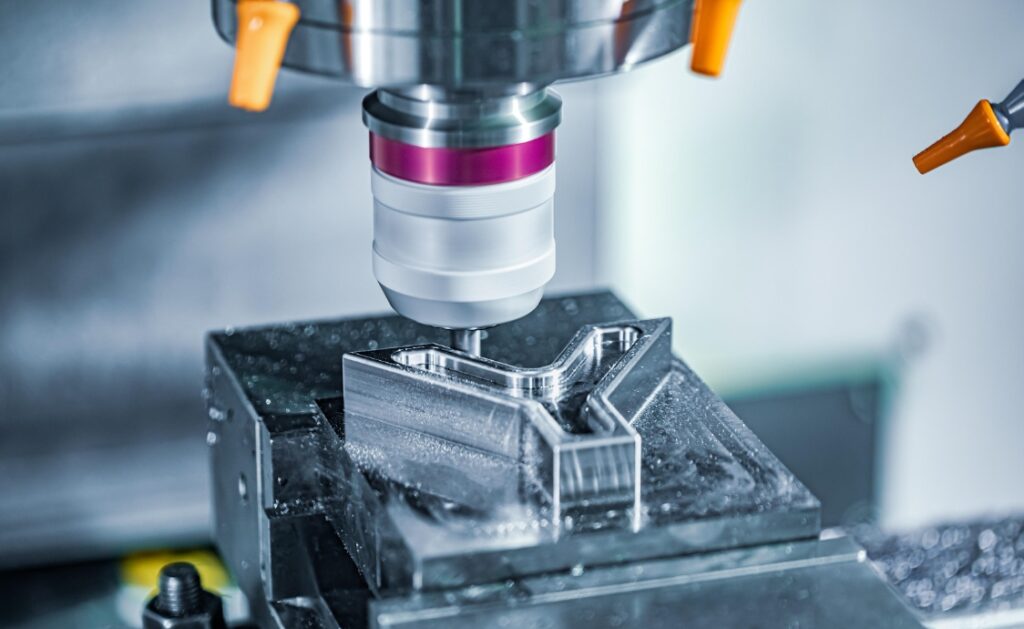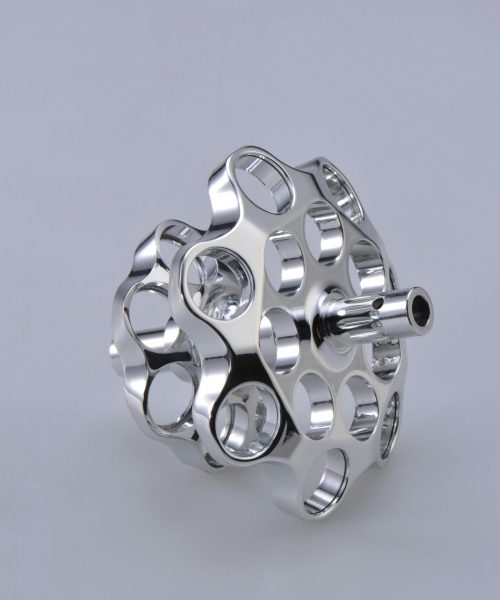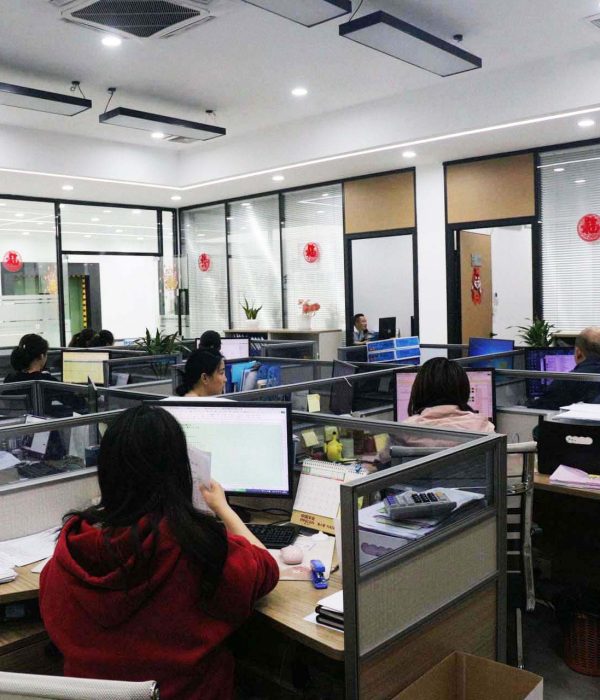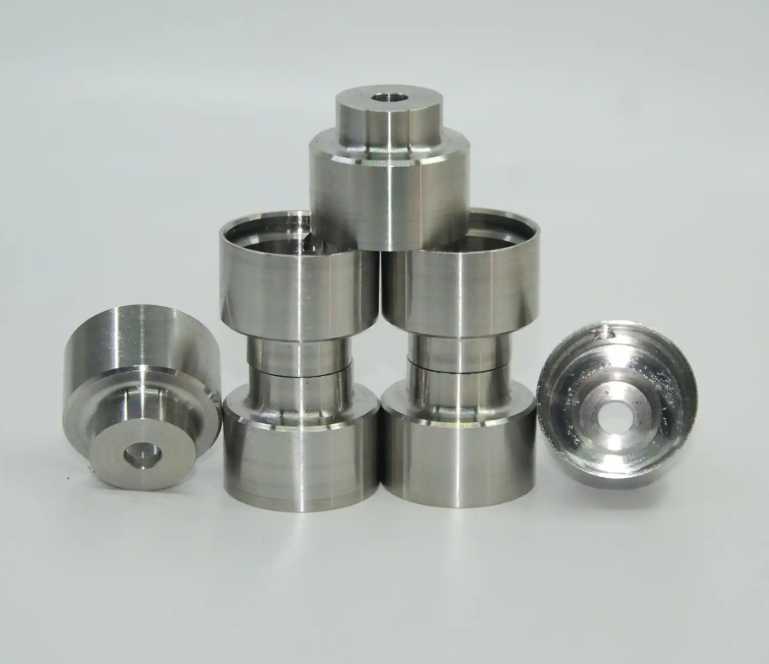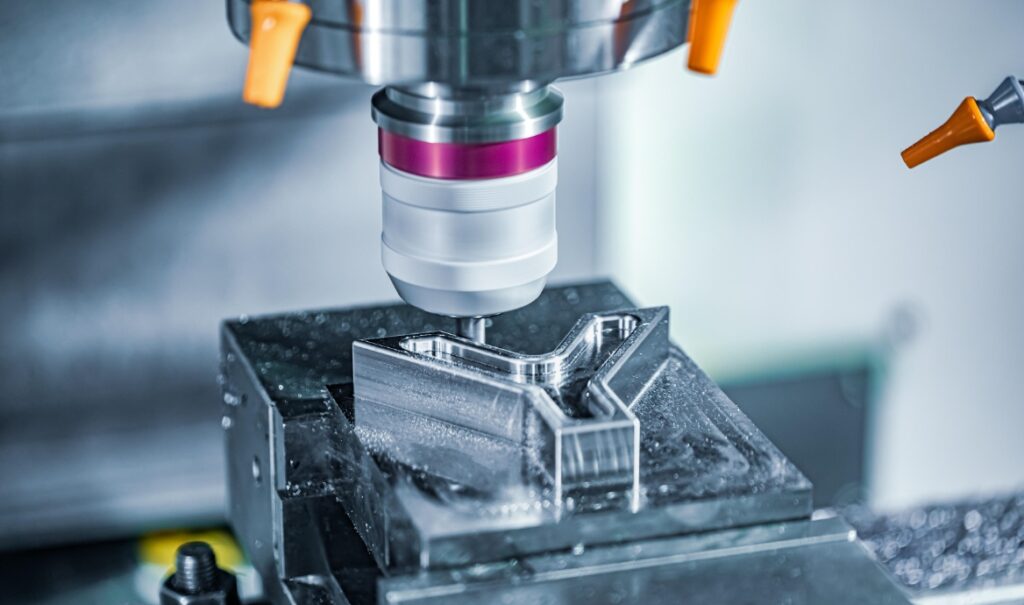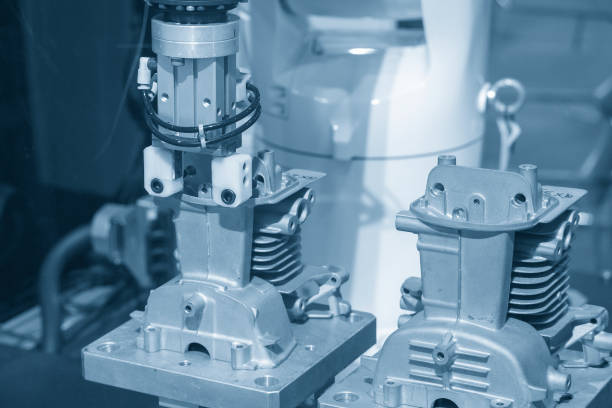In the realm of contemporary manufacturing, CNC machining has emerged as an essential technological pillar. Employed extensively across industries such as aerospace and automotive, as well as in precision sectors like medical devices, this automated processing technique is pivotal. This article provides an in-depth look at the comprehensive manufacturing journey of CNC components, from conceptualization to the final product, along with an analysis of the associated cost implications and technical hurdles.
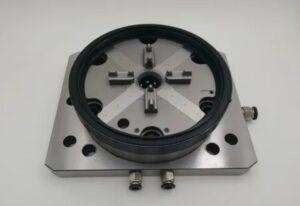
Design and Programming Phase
The genesis of the CNC machining process lies in a precise digital design. Utilizing CAD software, engineers craft 3D models of components, meticulously outlining their geometrical attributes, dimensional specifications, and operational requisites. Subsequently, these digital blueprints are translated into machine-comprehensible instructions, predominantly G-code and M-code, via CAM software. This phase is not merely about finalizing the part’s form but also about streamlining the machining sequence to enhance productivity and curtail CNC machining expenses.
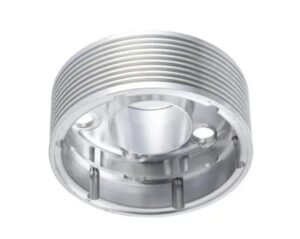
Material Selection Strategy
The choice of material exerts a significant influence on the viability and cost of CNC machining. The spectrum of materials spans an array of metals, including aluminum alloys, titanium alloys, and stainless steel, as well as engineering plastics. The selection process necessitates a careful assessment of several criteria: material properties, machinability, cost-effectiveness, and the intended application environment. For instance, the aerospace sector might favor titanium alloys for their strength-to-weight ratio, while consumer electronics might lean towards aluminum alloys for their ease of machining. CNC işleme firms often suggest the most appropriate materials, factoring in client specifications and their own areas of expertise.
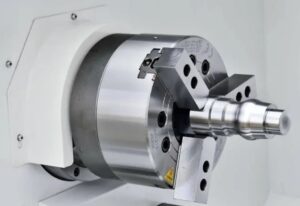
Machining Preparation Protocol
Prior to the commencement of actual machining, CNC operators engage in a meticulous preparation phase. This involves the selection and installation of suitable cutting tools, the design and fabrication of jigs and fixtures, and the calibration of machine tools. For components with intricate geometries, machining simulations may be conducted to preempt and mitigate potential issues. The thoroughness of this preparatory stage is paramount for ensuring the quality and efficiency of the machining process and is a critical factor in managing CNC machining costs.
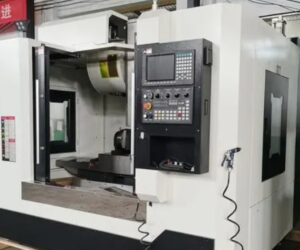
Machining Execution
The CNC machining execution is bifurcated into two principal phases: roughing and finishing. The roughing phase is focused on the expeditious removal of material to establish the fundamental contours of the part. The finishing phase, on the other hand, is dedicated to achieving high precision and an optimal surface finish. For components with complex geometries, a five-axis machining center may be deployed to facilitate comprehensive material removal. Throughout, the process is governed by computer control, ensuring a high degree of uniformity and accuracy. Renowned CNC machining firms are continually refining this process to boost efficiency and reduce costs.
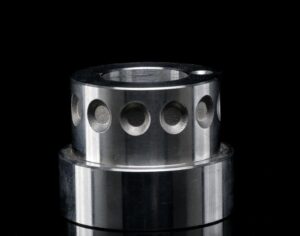
Quality Assurance Measures
Quality assurance is an integral component of the CNC machining process, extending from start to finish. During the machining process, real-time monitoring may be facilitated by in-process measurement systems. Post-machining, a battery of precision measurement tools, such as coordinate measuring machines, is employed for a comprehensive inspection to verify that the components adhere to design specifications. For components with stringent precision demands, stress-relief treatments may also be implemented to ensure long-term stability. Rigorous quality control is essential for CNC machining firms to sustain their competitive edge.
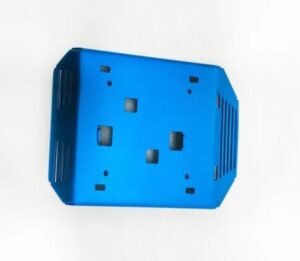
Post-machining Treatments
Certain applications may necessitate additional treatments for components post-CNC machining. This could encompass surface treatments like anodizing or plating, heat treatments, assembly, and other procedures. The selection of post-machining treatments is contingent upon the specific requirements of the component and can significantly influence the performance and longevity of the end product. CNC machining firms typically offer a comprehensive suite of post-machining services to cater to the diverse needs of clients.
Cost Optimization Factors
The cost of CNC machining is shaped by a multitude of factors, including material expenses, machine runtime, tooling consumption, and labor costs. To optimize these costs, manufacturers often implement a variety of strategies, such as batch production, refining machining parameters, and employing advanced tooling technologies. However, in the quest for cost-effectiveness, quality should always remain the paramount consideration. Successful CNC machining firms adeptly strike a balance between cost and quality.
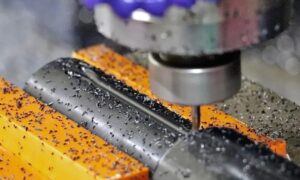
Future Perspectives on CNC Machining
As technology continues to evolve, CNC machining is poised to become more intelligent and efficient. The integration of artificial intelligence and machine learning technologies is expected to further refine the CNC machining process, enhancing production efficiency and quality. Concurrently, advancements in material science and innovative machining techniques will present new opportunities and challenges for the field. Prominent CNC machining firms are actively exploring these emerging technologies to maintain a competitive advantage.

